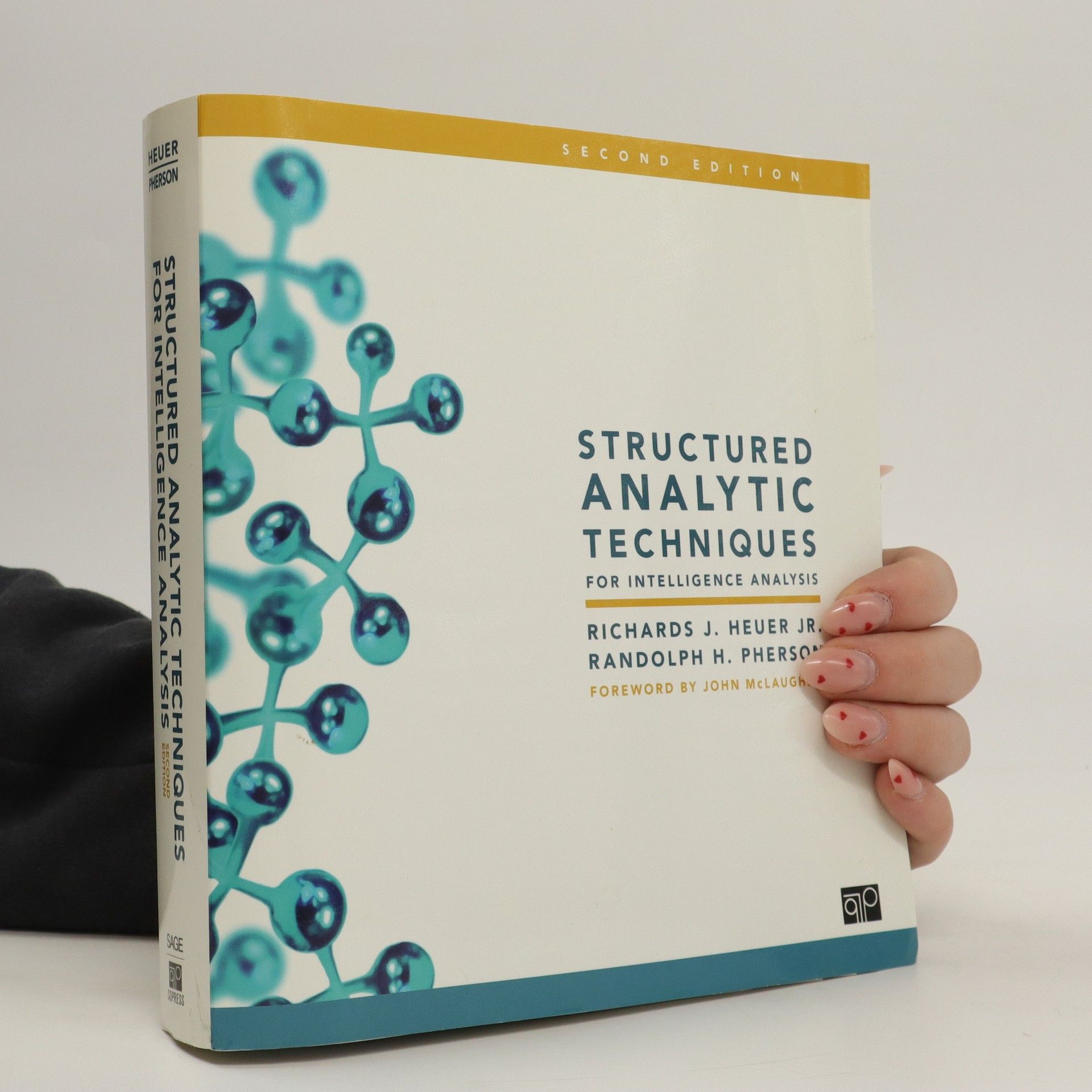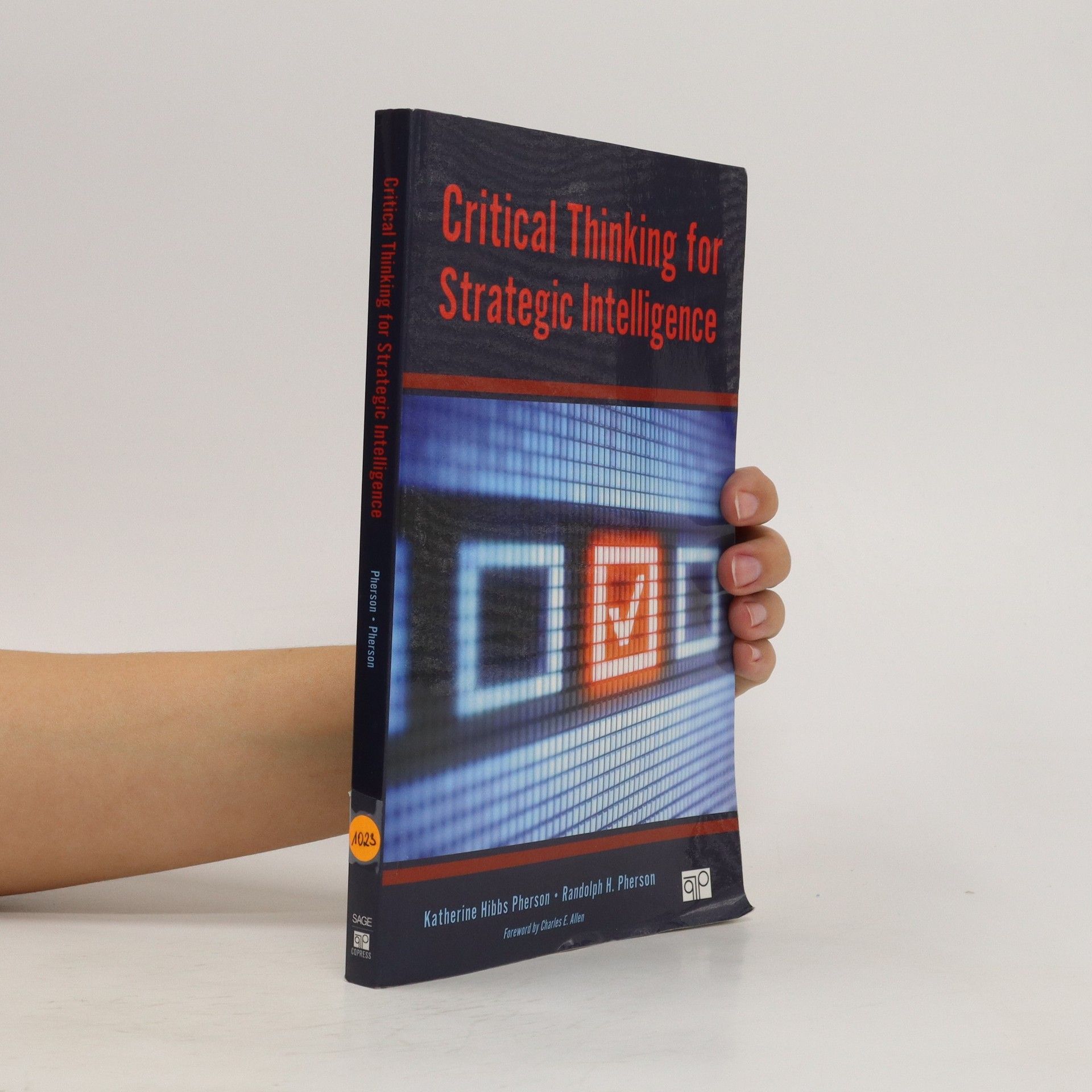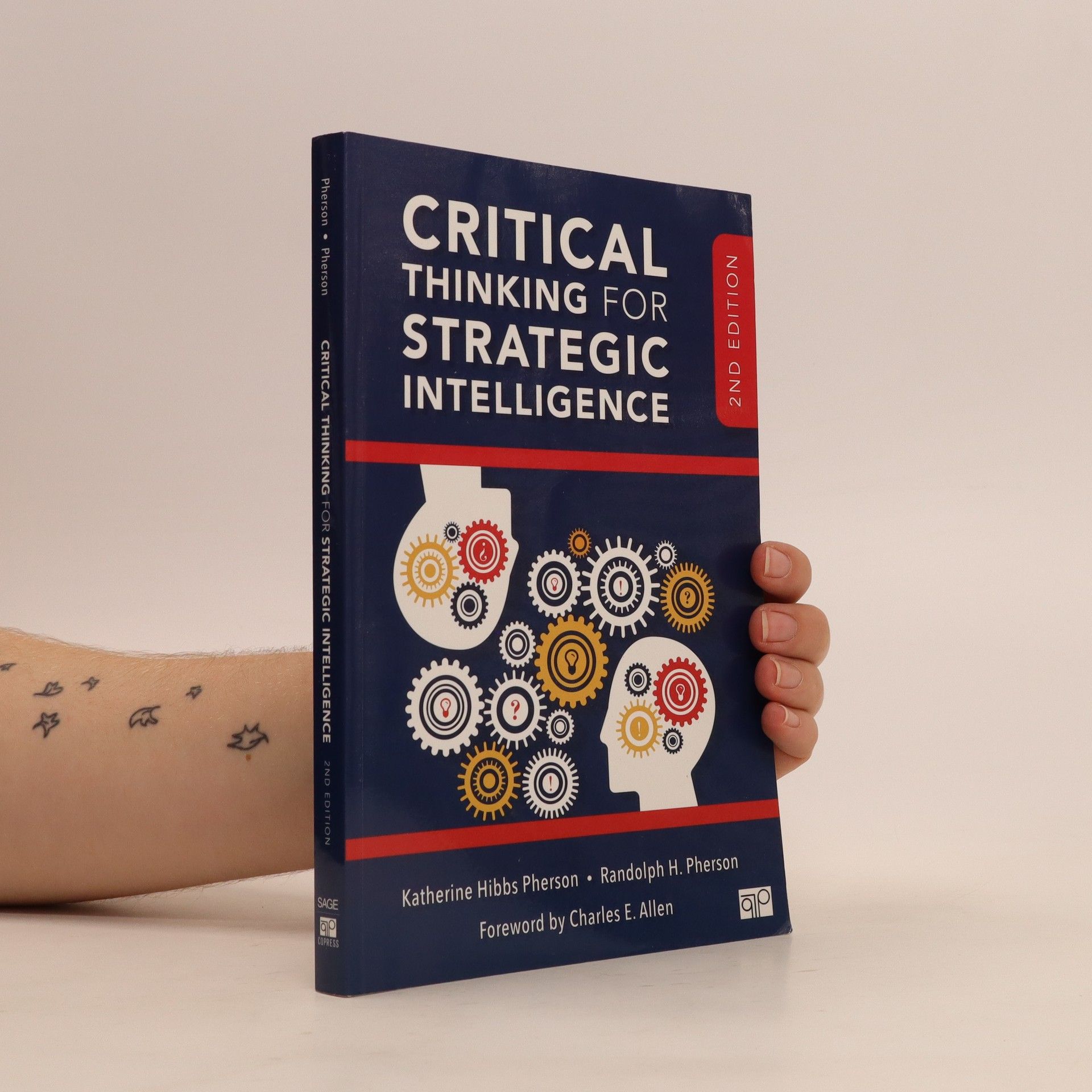Critical Thinking for Strategic Intelligence. 2nd Edition
- 408bladzijden
- 15 uur lezen
With this second edition of "Critical Thinking for Strategic Intelligence", Randolph H. Pherson and Katherine Hibbs Pherson update their highly regarded, easy-to-use handbook for developing core critical thinking skills and analytic techniques. This indispensable text is framed around 20 key questions that all analysts must ask themselves as they prepare to conduct research, generate hypotheses, evaluate sources of information, draft papers, and ultimately present analysis. New material includes a chapter on working with statistics and probabilities at an introductory level; discussions on how to work with social media; managing the "big data" phenomenon and what role analysis plays both at the front and back end of utilizing such information. -- From product description



